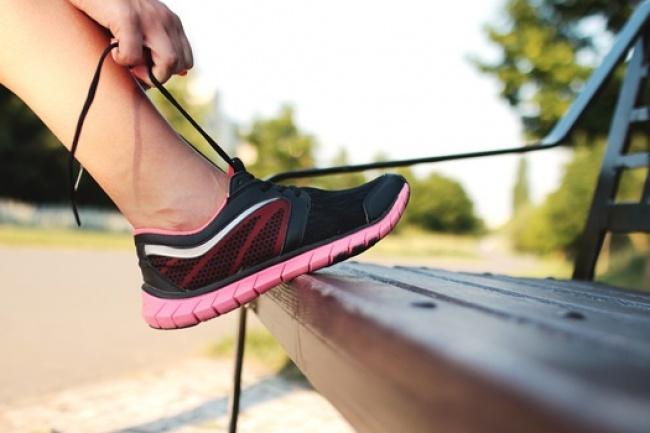Anxiety has become the number one mental health issue in America. Generalized anxiety disorder affects millions of people worldwide, and the number keeps growing at an alarming rate. But here is the good news — there are many techniques you can use to manage anxiety effectively. We at Bright Side have five tips for you that will help you cope when you’re feeling anxious and stressed. These techniques are also good for anyone who wants to improve their quality of life.
Anxiety is fear of the future. Humans developed the ability to anticipate events in the future, and this evolutionary tool gives us advantages over other species and allows us to solve problems even before they appear. However, this ability can play against us. We feel anxious when our mind is constantly focused on the future. People usually suffer from anxiety attacks at night, before bed, as this is the time when the unwanted thoughts we’ve buried all day come to the forefront. Intrusive thoughts like, ’What will happen tomorrow?’ and ’What can I do to resolve this situation?’ enter our minds, making it hard for us to fall asleep.
1. Combat anxious thoughts.
Anxiety feeds on itself. If you allow negative thoughts to grow, you’ll end up going insane. Anxiety can build up like a snowball rolling down a hill, and you are the only one who has the power to stop it. First you should learn to intercept negative thoughts. This means identifying them when they occur. When you find yourself feeding and fueling your intrusive thoughts, ask yourself, ’Is this really likely to happen?’ Stop thinking about the past and the future, and try to visualize what your life would be like if you had no worries.
If this doesn’t work, make a list. Write down what’s on your mind and what you’re doing about it. This writing exercise will help to rationalize the problems and find their real dimensions. In other words, it will not allow them to continue growing and turning inside your head. You can also write down your goals and how you’re going to achieve them.

2. Meditate and breathe.
This is the most common advice to combat anxiety, and it is one of the most effective. If you have regular anxiety attacks, consider taking a meditation class. Acquiring this habit will help you to reduce stress and greatly improve your quality of life. If you have infrequent anxiety attacks and meditation is not your cup of tea, try breathing techniques. These can be very helpful for relaxing before sleep, but they can also be used anywhere whenever you feel stressed. Your body will thank you for this.

3. Releasing feel-good brain chemicals.
When you exercise, your body releases endorphins and serotonin, two enzymes that your brain associates with feelings of pleasure and well-being. They heat up your whole body and allow the tension in your muscles to ease. Physical exertion is also a good way to focus on the here and now.

4. Try these natural remedies.
Herbal remedies, particularly herbal teas such as valerian root tea, lavender, and camomile, will help you reduce anxiety and irritability and fall asleep faster.

5. Avoid caffeine.
Caffeine has been shown to increase anxiety levels and provoke panic attacks in people with panic disorder. Caffeine is a stimulant that can lead to nervousness, irregular heartbeat, and agitation. It will also keep you awake, leading to more anxiety. Consider it carefully before reaching for your next caffeinated drink.

Photo credit: Pexels